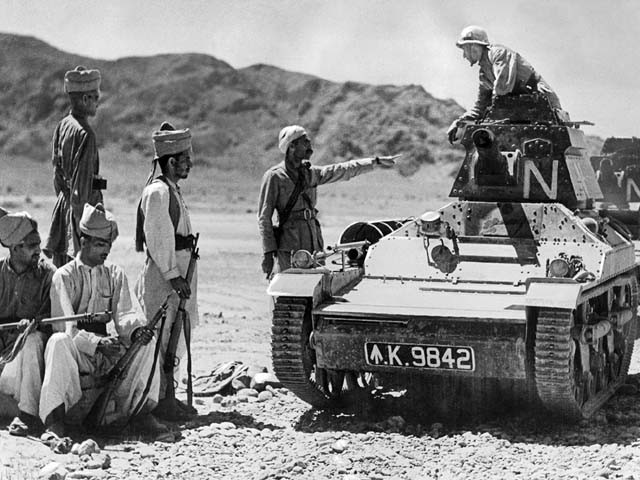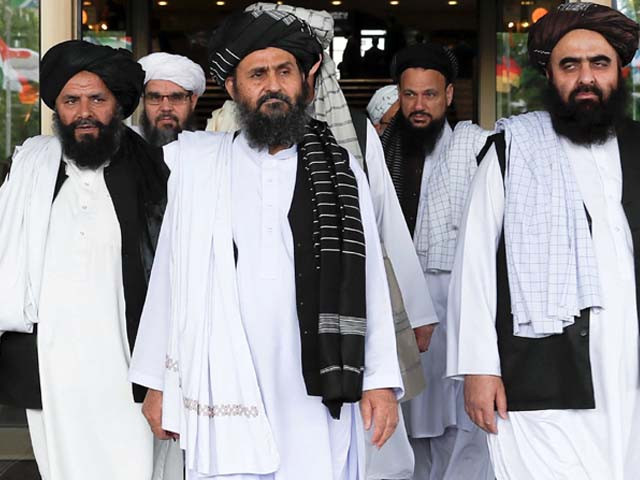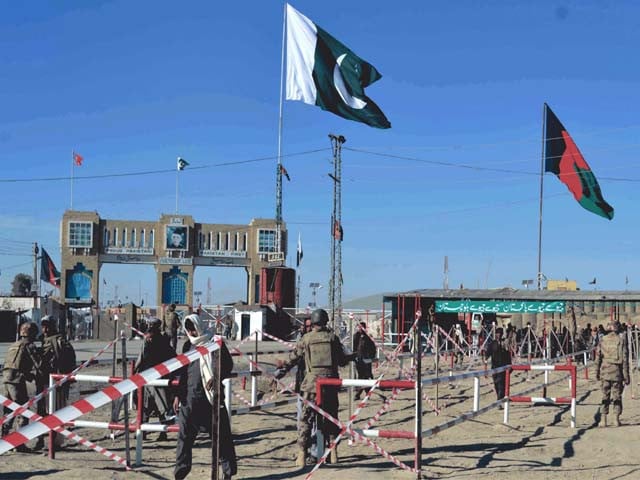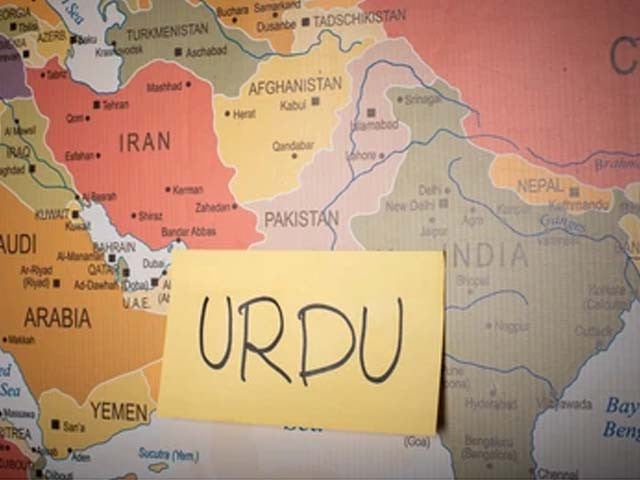
Why Afghanistan wanted India to be partitioned
The partition of India, needless to say, was a colossal undertaking in the region’s history. Due to its enormity and importance, partition is a topic that has interested me since my elementary school days in Karachi. Although I claim no expertise on such a sophisticated topic, there are several important aspects of partition (especially related to Afghanistan) which I would like to share below, especially for the benefit of (young) Afghan and Pakistani readers.
The British occupation of the Subcontinent brought its unique set of challenges and opportunities for the Afghan rulers. The British presence in India prevented Afghans from regaining Peshawar and its surroundings, which they had lost to the Sikhs under Ranjit Singh in the 1820s and 1830s. Additionally, in accordance with the so-called Gandumak (1879) and Durand (1893) treaties with the British, Afghans relinquished control of several frontier districts such as Khyber, Swat, Kurram, Sibi, Pishin and parts of the Wazir and Mohmand territories. Who to blame for these fiascos is another debate, and beyond the scope of this writing.
While Afghans lost territory on their southern and eastern borders to the Sikhs and British, they moved northward and gained control of the fertile Amu Darya Valley (which would become known as the Afghan Turkestan) lying between the Hindukush mountains and the Amu Darya. Prior to the Afghan conquest in the 1850s, the Amu Darya Valley—mostly populated by Uzbeks, Tajiks, and Turkmens—was ruled by autonomous Turkic rulers. Ahmad Shah Durrani’s conquest of the Valley was brief, and superficial. Even during Durrani’s reign the Amu Darya Valley had regained its autonomy, and would remain autonomous for about a century until Amir Dost Mohammad Khan incorporated the region into his kingdom.
Now that the Afghans were on the southern banks of the Amu Darya, Britain made sure that the Russians did not cross this river. The British wanted to keep the Russians as far away as possible from their Indian empire. From the British perspective, the Afghan advance on the Amu Darya was better than the Russians sitting on the Hindukush. Therefore, by providing a counterbalance to expansionist Russian forces, the British in India had effectively checked the Russian advance south of the Amu Darya, and helped ensure Afghanistan’s survival in the process. Britain continued to play its useful role, from the Afghan perspective, even after the Soviet Union replaced Russia as the occupier of Muslim Central Asia.
It was against the backdrop of such an important role Britain was playing in the region that the Afghans were surprised when they learned that the British wanted to leave India. Like most of the 565 Indian princely states, the Afghans wanted the British to stay on, and keep playing their role as a balancer. The only exception to this line of thinking amongst the Afghans came to fore during the 1928 trip to India of the Afghan King Amanullah Khan, who insisted on meeting Mohandas Gandhi, and delivered speeches endorsing the Congress’s demand for India’s independence. However, when Mohammad Nadir Khan assumed control of Kabul in 1929, he and his family were all in for Britain staying on in India for as long as possible.
However, if Britain wanted to leave India, the Afghans believed, it should safeguard the interests of India’s Muslims before leaving. Afghans had strong religious, historical, cultural, linguistic, and ethnic ties with India’s Muslims. Additionally, historically India’s Muslims had looked to Afghanistan for support and encouragement, and various Afghan rulers had been asked for assistance by India’s Muslims. By being independent, Afghanistan was also a source of inspiration to countless Indian Muslims, especially from Punjab, including Allama Iqbal.
In the 19th and 20th centuries many Punjabi Muslims rendered great services to Afghanistan. For instance, Dr. Abdul Ghani Jalalpuri (1864–1943), the principal of Islamia College Lahore, came to Afghanistan to work as Amir Abdur Rahman Khan’s secretary. He later became the principal of Habibia, Afghanistan’s first public school. Dr. Ghani was also a member of the Afghan delegation at Rawalpindi in July-August 1919 to discuss the terms of Afghanistan’s independence with Britain.
Can anyone imagine today the Afghan government’s employing a Punjabi Muslim from Gujarat who would take part in formal negotiations on behalf of the Afghan government? Such was the level of trust and intimacy between Afghans and Punjabi Muslims. Keeping in mind such close bonds between Afghans and India’s Muslims, Afghanistan could not be indifferent to the fate of India’s Muslims.
It may surprise many what the Afghans thought about partition and the fate of India’s Muslims. According to Sir William Kerr Fraser-Tytler, the British Minister in Kabul from 1935 to 1941, the Afghans believed: ‘...if they [the British] were going there was only one possible solution to the Indian problem, and that was a division of sovereignty between Muslim and Hindu [sic]. Such a solution, difficult though it might be, had some small chance of success; no solution based on a Union of India could lead to anything but chaos and ruin. It is interesting to recollect that this point of view was held in Kabul long before its validity was admitted in Britain or India.’[i]
In addition to trying to safeguard India’s Muslims’ interests, Afghans wanted to safeguard their own interests. The Afghans were deeply suspicious of the caste Hindu-dominated Congress party and their allies in the Northwest Frontier Province, the so-called Red Shirts or Khudai Khidmatgars, led by the firebrand aristocrat Abdul Ghaffar Khan. Although after partition his relations improved with Kabul, the Afghan royal family (like the Pakistan Government) constantly remained suspicious of Abdul Ghaffar Khan’s real intentions.
With regards to Hindus and Sikhs, Afghans did not hate them per se. Afghanistan itself was home to a sizable Hindu and Sikh population who lived in peace and harmony with their Muslim country men and women. In fact, when, during the communal riots brought about by partition, thousands of Hindus and Sikhs were being massacred in the NWFP, Afghanistan’s Hindus and Sikhs continued to live in peace and harmony.
The Afghans, however, were aware of the baggage of history: the invasions of India from and through Afghanistan. The Afghans were also aware how intensely Hindu nationalists disliked them and their country, which Hindu extremists regarded as a thorn in the side of their Akhand Bharat project. As such, Afghanistan’s sharing a common border with a so-called united India, where power would be concentrated in the hands of Hindu nationalists at New Delhi, was an anathema to the Afghans.
The Afghans believed ‘a division of sovereignty’ (in other words a division of India) between Muslims and Hindus, which satisfied India's Muslims and kept the Hindu nationalists away from Afghanistan, would satisfy the Afghans as well. As mentioned earlier, according to the Afghans, forming a so-called Union of India, where Hindus would dominate Muslims, would only lead to ‘chaos and ruin,’ and would not be acceptable to Afghanistan.
As early as 1937, there were alarming signs of Hindu domination, which, if left unchecked, could have disastrous consequences for India’s minorities, especially Muslims. After the 1937 provincial elections in Bombay, the provincial Congress leader Khurshed Nariman, a Parsi, was supposed to become Bombay’s chief minister. But because Nariman was not a caste Hindu, the ministry was presented by Pandit Nehru to a fellow Brahmin B. G. Kher. When Nariman complained about this unfair treatment, he was promptly silenced by Pandit Nehru while Mohandas Gandhi looked the other way.
In Bihar the provincial Congress leader Dr. Syed Mahmud was expected to become the provincial chief minister, but he too was passed over for the caste Hindu S. K. Sinha. In addition to these fiascos, the Congress turned down overtures of cooperation from the Muslim League. A decade after partition, former Congress president Maulana Abul Kalam Azad (1939-1946), criticized in his memoir India Wins Freedom the Congress party and particularly Pandit Nehru for unfairly treating Nariman and Mahmud and turning down Muslim’s League offer of cooperation. The passages critical of Pandit Nehru in Maulana’s memoir were withheld from publication for 30 years, but were finally released in late 1980s.
A decade after the Congress’s 1937 blunders, the Afghans, to their great relief, learned that the Subcontinent would be partitioned and the two sovereign states of Pakistan and India would be born on August 14 and 15 respectively. As such, the Afghans would not have to share a common border with a Hindu majority India. A few days after partition, during the 1947 Afghan Independence Day celebrations, the Afghan King Mohammad Zahir declared the following in support of Pakistan: ‘When we see India in its present state we feel for our co-religionists. I have sent messages of greetings to both Pakistan and India. Our brothers are Pakistanis, and we will help them even with our blood and with the sword.’
Shortly after partition, Kashmir’s Hindu ruler Maharaja Hari Singh’s Dogra Hindu troops started massacring Kashmiri Muslims. In October 1947, Pashtun tribesmen from Pakistan left for Kashmir to liberate it from Hari Singh’s atrocities. Around about the same time, Afghan tribesmen from Khost crossed the border into Pakistan and continued on to Kashmir to help the Pakistani tribesmen in liberating Kashmir.
In our heart of hearts we Afghans have always sympathized with and supported Kashmiris against the unjust Indian occupation. According to Aslam Khan Khattak, the Pakistan ambassador in Kabul in the 1950s, the former Afghan Prime Minister Shah Mahmud (King Mohammad Zahir’s uncle) once remarked in his presence: ‘Oh Lord, give me shahadat (martyrdom) while fighting side by side with my Pakistani brethren on the Kashmir front.'[ii]
The Muslim majority state of Jammu & Kashmir should have, without any ifs or buts, gone to Pakistan. According to the partition plan, given their location, population and other considerations (such as communications), princely states only had the choice to opt for either India or Pakistan. On all these accounts, Pakistan was in a better position than India for Kashmir to accede to.
However, even before partition Pandit Nehru had expressed interest in acquiring Kashmir for India. Pandit Nehru had written to the Viceroy Louis Mountbatten (known as Dickie to his friends) prior to partition that, ‘the normal and obvious course appears to be for Kashmir to join the Constituent Assembly of India...It is absurd to think that Pakistan would create trouble if this happens.'[iii] Given that Kashmir still remains a disputed region to this day shows that India’s occupation of Kashmir was neither ‘normal,’ nor ‘obvious.’
I have highlighted in an earlier article Afghanistan’s complications in its relations with Pakistan, and why the bilateral relationship was not off to a great start. Readers can refer to it for more details. Here I would like to emphasize that the idea that Afghanistan was opposed to Pakistan from day one is historically inaccurate. Afghans wanted Pakistan to exist, and to succeed. Afghanistan’s conduct, which earned it Pakistan’s gratitude, during the 1965 and 1971 Indo-Pak wars is a testament to that effect.
Admittedly over the last two centuries, Afghanistan’s Durrani rulers have made multiple earthshaking blunders, including in their bilateral relations with Pakistan, which have not served Afghanistan well. However, on the question of partition of India the Afghans were clear that sovereignty should be divided between Muslims and Hindus. In fact, had India not been partitioned, India and Afghanistan would have had more tense relations compared to Afghanistan-Pakistan relations.




COMMENTS (2)
Well written article which sheds light on my facets of history that are overlooked.
Comments are moderated and generally will be posted if they are on-topic and not abusive.
For more information, please see our Comments FAQ